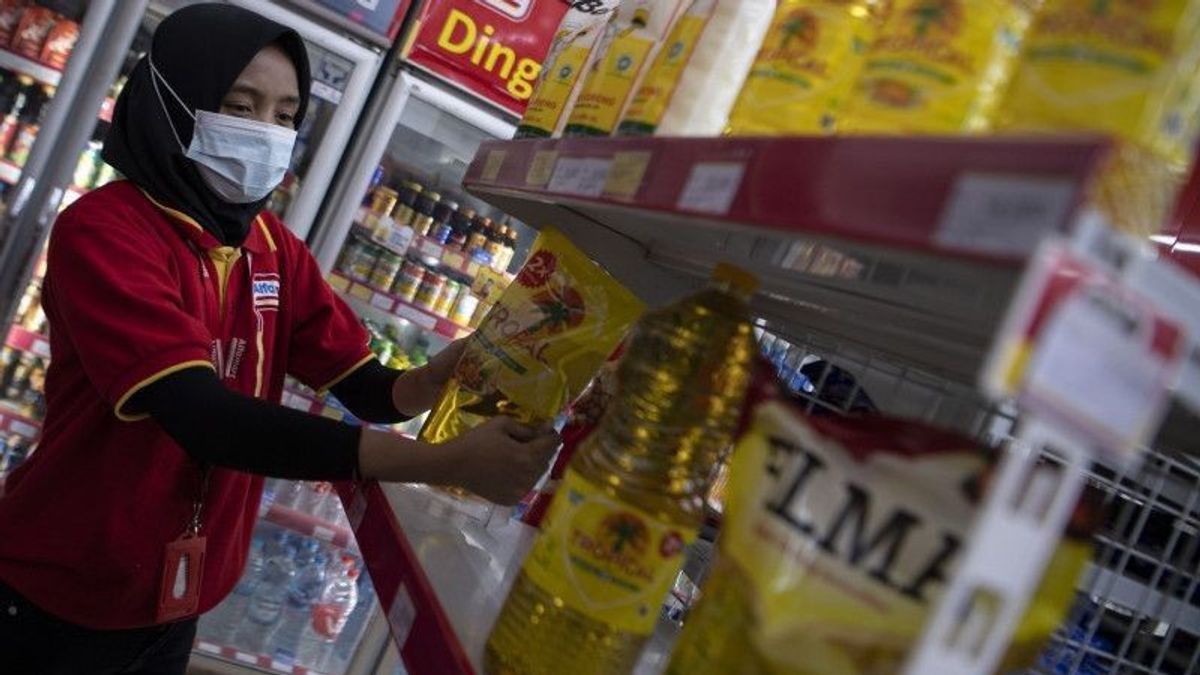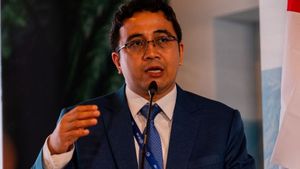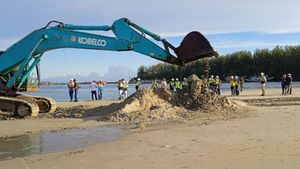JAKARTA - Cooking oil has been in shortage since the beginning of last year. In fact, until now cooking oil is still difficult to find in the market. To overcome these problems, the government is deemed necessary to improve the distribution chain of these commodities.
Director of the Center of Economic and Law Studies (Celios) Bhima Yudhistira said the government needed to improve the cooking oil distribution chain in the country. However, improving the distribution chain takes a long time.
Furthermore, Bhima explained that at least one must first dismantle the structure of cooking oil producers in Indonesia which is too oligopoly.
Based on data processed by KPPU, there are a number of cooking oil producers that have the highest market share. The largest had shares of 14 percent, 13.3 percent, 11 percent, and 8.2 percent. From these findings, 46.5 percent of the market share concentration ratio is controlled by four companies.
"We first dismantle the producer structure which is too oligopoly, this cooking oil producer is 40 percent more controlled by the big producers. So a break up should be done. The assignment shouldn't be too big. controlled by a large group of players," he said when contacted by VOI, Tuesday, March 8.
Bhima said that the break-up strategy was taken as an example from financial services companies and digital companies in the United States. Where they were asked to break up so as not to be too dominant by the big players.
Furthermore, according to Bhima, when there are not many groups of business actors who dominate the market, the cooking oil market mechanism will be fairer, especially for the end consumers.
"And that's one way that might be effective. So that many competitors don't dominate, so the market is fairer for consumers, especially," he explained.
However, said Bhima, as a short-term solution in solving the current cooking oil problem is to first fix the problem of the trade system. So, the constraints in the distribution can be known.
"For example, cooking oil reaches seven players to the consumer level. So where is the point of the problem. If there are distributors playing, who is playing? So there must be law enforcement in the trade system, so make sure," he said.
According to Bhima, if the Ministry of Trade claims that the supply of cooking oil is safe, but it is still difficult to find in the market, even the price is far above the Highest Retail Price (HET), it means that something is wrong at the distributor level.
"If the claim that the supply is safe, but it doesn't reach the grassroots, it means that there are distributors playing. This must be done by law enforcement," he said.
Similarly, Member of Commission VI of the DPR, Deddy Yevri Hanteru Sitorus, highlighted the problem of scarcity of cooking oil that has not been resolved until now. Deddy assessed that the scarcity of cooking oil that occurred in the country was caused by a damaged supply chain. According to him, the supply chain from factories to traders is no longer connected.
"I actually saw that this industry was badly damaged, the supply chain from upstream to downstream was problematic. The supply chain, starting from oil palm planters, CPO producers, cooking oil factories, distributors, agents, to traders, were no longer connected," said Deddy, through his written statement, Tuesday, March 8.
"All parties are harmed. So it's not only the people who have difficulty getting goods, but the prices are very expensive. Because CPO producers are also complaining," he continued.
The English, Chinese, Japanese, Arabic, and French versions are automatically generated by the AI. So there may still be inaccuracies in translating, please always see Indonesian as our main language. (system supported by DigitalSiber.id)













